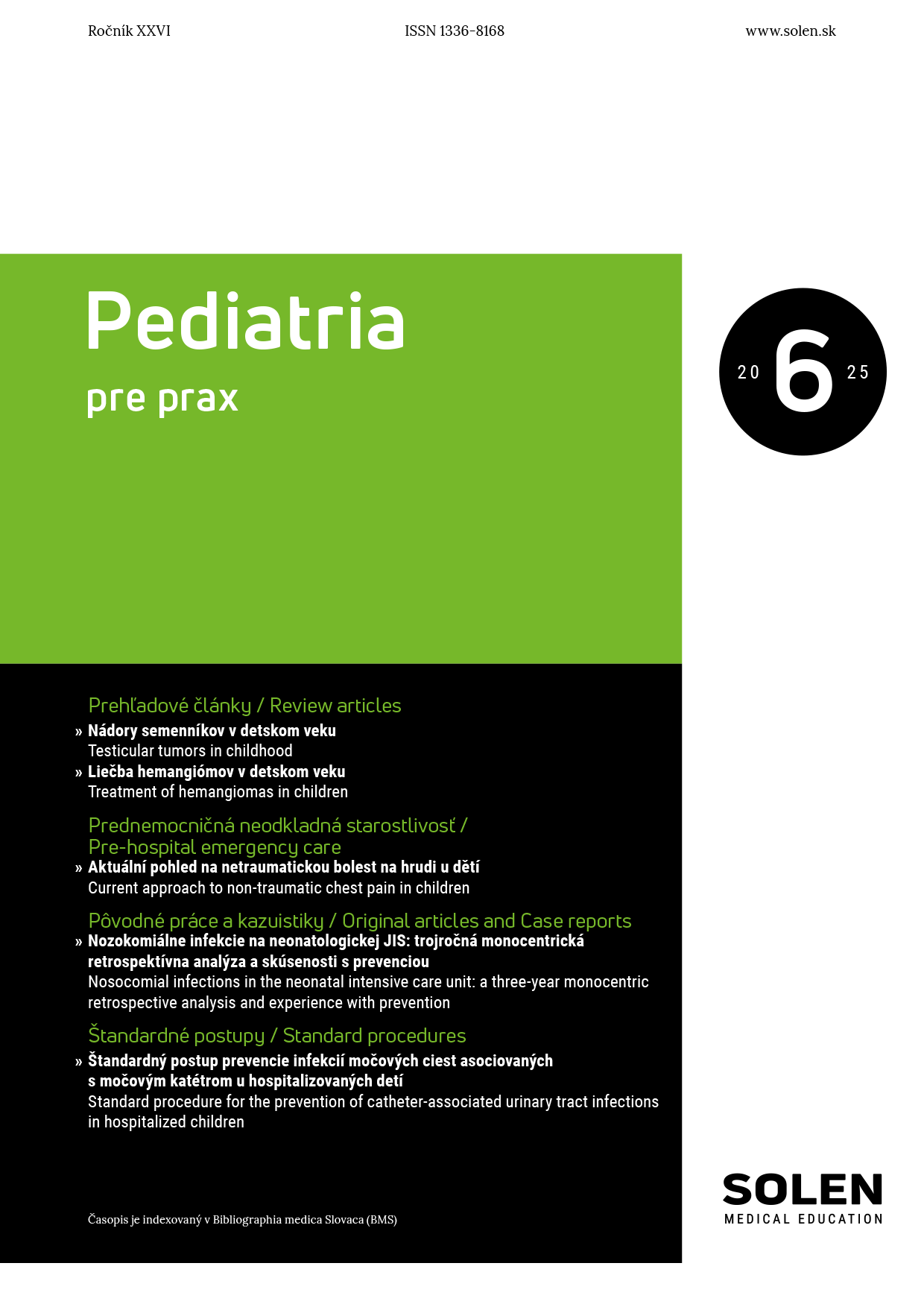Neurológia pre prax 1/2024
Ocrelizumab – what we know, what we can improve now, what we can improve in the future
Ocrelizumab, as a monoclonal antibody against CD 20 lymphocytes, is one of the representatives of high efficacy therapy (HET). The paradigm shift in the treatment of multiple sclerosis from an escalation to an induction strategy (HET as first-line therapy), together with new indication restrictions on reimbursement, has led to a broadening of the spectrum of patients to whom we can offer this treatment early in the course of the disease. Multiple studies have confirmed that the use of HET in the early stages of the disease improves the prognosis of indicated patients not only by suppressing inflammatory activity but also by slowing progression. At the same time, however, there are still questions about the individual response of patients to this therapy and the possible long-term side effects in particular. The aim of this article is to provide an insight into the current knowledge, current challenges and future perspectives in the use of ocrelizumab.
Keywords: multiple sclerosis, monoclonal antibodies against CD 20 lymphocytes, ocrelizumab

















